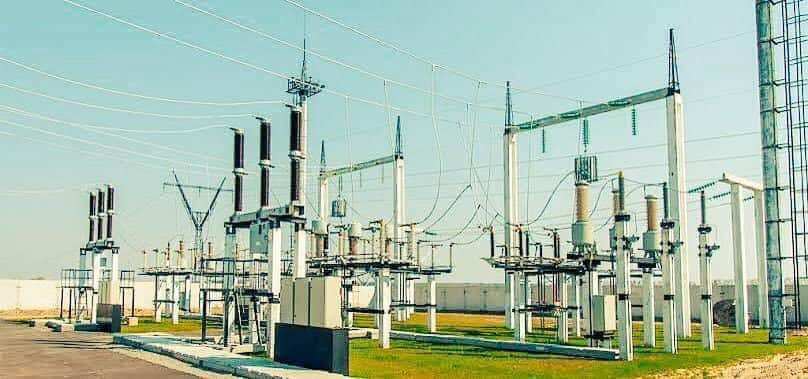
Amid lingering public outcry over the recent increase in electricity tariff, the number of the nation’s power plants sitting idle rose to 13 on Sunday, ’FEMI ASU reports
While many Nigerians were still smarting from the hike in electricity tariff, power generation in the country dropped on Sunday as four more power plants were shut down in two days.
Data obtained by our correspondent from the Nigerian Electricity System Operator on Sunday showed 13 out of the 27 power plants on the national grid were not generating any megawatts of electricity as of 6am on Sunday.
All the eight power plants built under the National Integrated Power Project were idle as of 6am on Sunday.
As of 6am on Friday, nine plants were shut down but they were joined by Geregu II, Sapele II and Alaoji on Saturday as well as Afam IV & V on Sunday.
The other idle plants were Olorunsogo II, Omotosho, Odukpani, Ihovbor, Gbarain, Ibom Power, AES, ASCO and Trans-Amadi IPP.
The shutdown of the power plants was attributed to gas constraint, low load demand by the distribution companies, maintenance, frequency response and rupturing of gas pipeline, among others.
Total power generation in the country fell to 3,242.4mw as of 6am on Sunday from 3,296.5MW on Saturday and 3,549.6MW on Friday.
A total of 4,036.5MW of generation capacity was unused as 15 plants suffered gas constraints (2,618MW) while 13 plants could not generate 1,418.5MW due to low load demand by the Discos, according to the system operator.
Egbin, the nation’s biggest power plant, located in Lagos, only generated 390MW as of 6am on Sunday, compared to its installed capacity of over 1,000MW.
According to the Transmission Company of Nigeria, the Discos failed to distribute 8,733.39MW in the week ended August 30.
The TCN’s data on national grid performance from August 24 to 30 which was released on Saturday showed that the electricity distributed by the Discos during the week averaged 3,419.78MW.
The amount of electricity left unused by the power firms stood at 1,281.89MW on August 24 but fell to 1,067MW on August 25.
The Discos did not distribute 1,084.95MW on August 26, and 1,005.55MW on August 27.
The amount of unused electricity stood at 1,208.31MW on August 28 but rose to 1,457.21MW on August 29 and 1,628.48MW on August 30.
The system operator put the national peak demand forecast at 28,290MW; installed generation capacity at 12,910.40MW; available capacity at 7,652.60MW; transmission wheeling capacity at 8,100MW; and peak generation at 5,420.30MW.
The TCN, which manages the national grid, is still fully owned and operated by the government.
The distribution and generation companies carved out of the defunct Power Holding Company of Nigeria were handed over to private investors on November 1, 2013, following the privatisation of the power sector.
The Nigerian Electricity Regulatory Commission, in its report on power supply status on all 132/33/11kV interface substation in August, warned Discos against load rejection.
It said, “Discos should be cautioned on deliberate refusal to clear faults on some 33kV feeders within the timeline of eight hours as stipulated in the Reporting Compliance Regulations.
“Discos should also be cautioned against deliberate isolation of some sections of 33kV feeders to limit the loading of the feeders and denying customers electricity services.”
NERC said it identified all the interface stations with capacity.
The Punch













